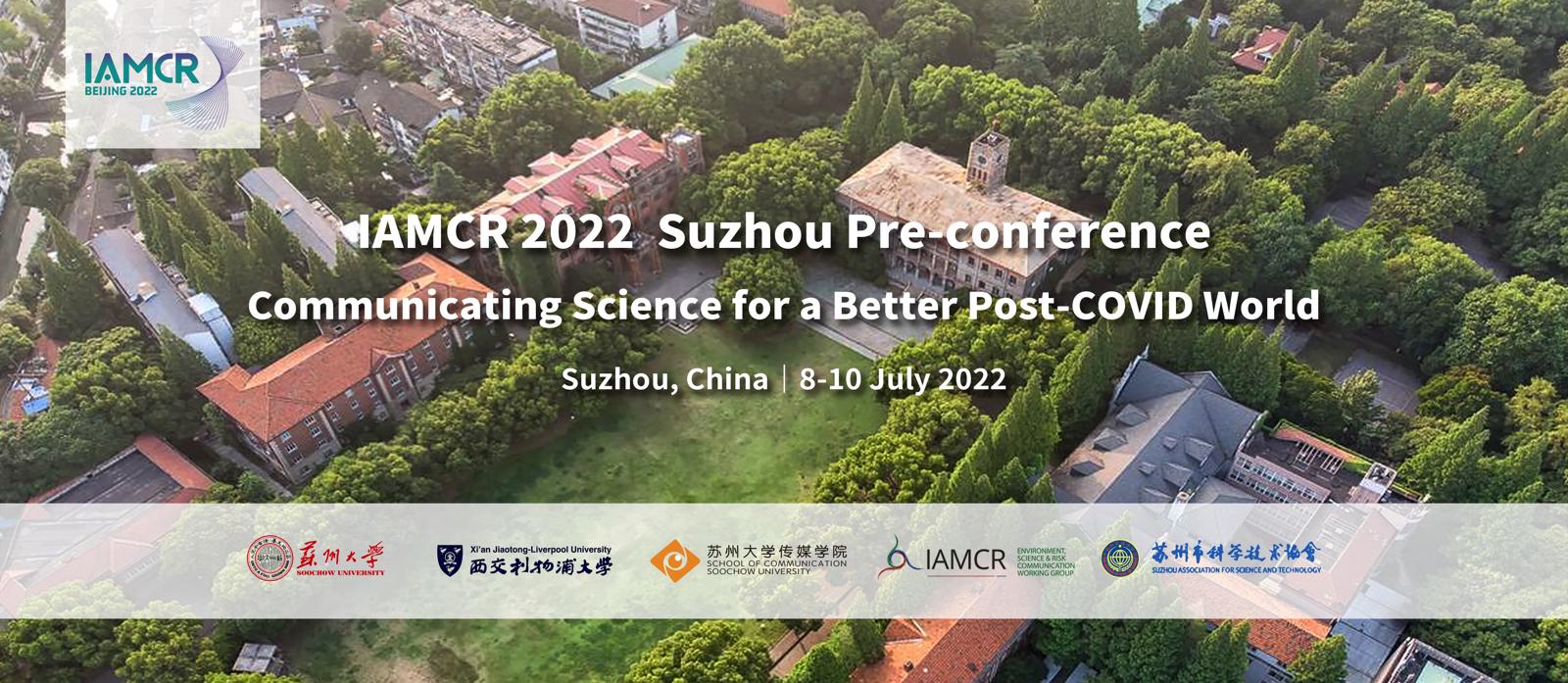The COVID-19 pandemic is causing unprecedented disruption and suffering to people across the globe. In response to the rapid spread of COVID-19, China began implementing various social distancing and lockdown measures. Various mediated-communication channels, such as social media and the Internet, are becoming pivotal ways for people to access information and engage in social interactions during prolonged social isolation. Although many studies have found that media use in COVID-19 is associated with negative psychological outcomes, such as distress and disorder, how people recover from the adverse psychological state during the public crisis of COVID-19 is not well understood. To fill this gap, this research focuses on death anxiety, a psychological state that occurs in numerous types of major public crises and has a significant impact on human behavior. Basing terror management theory as the primary theoretical lens, this study explored and demonstrated the relationship between social media exposure and death anxiety in the context of the COVID-19 pandemic, as well as two behavioral tendencies of people to relief death anxiety. A total of 342 individuals were collected from a Chinese online Questionnaire collection tool-Wenjuanxing, and this study employed partial least squares structural equation modeling (PLS-SEM) to examine the hypothesized relationships in the research model. The results revealed that 1) social media exposure positively influenced death anxiety, consumption intention, and prosocial behavior, and 2) death anxiety mediated the relationship between social media exposure and individuals’ consumption intention and prosocial behavior.
The following theoretical contributions and practical implications are provided by this study. First, by validating the effect of media exposure on death anxiety, this study broadens the scope of death anxiety research and emphasizes the critical role of media in evoking death anxiety in the digital society. Second, by incorporating terror management theory into the social influence of the media research, we found that people respond to the modality salience evoked by social media through consumption and prosocial behavior during COVID-19, this enriches the research scholarship on the social influence of communication in public crises. Finally, these findings will provide empirical insights into communication and individual responses to major public crisis events.
Keywords: Social Media Exposure, Death Anxiety, Terror Management Theory, Consumption Intention, Prosocial Behavior

 京公网安备 11010802039275号
京公网安备 11010802039275号